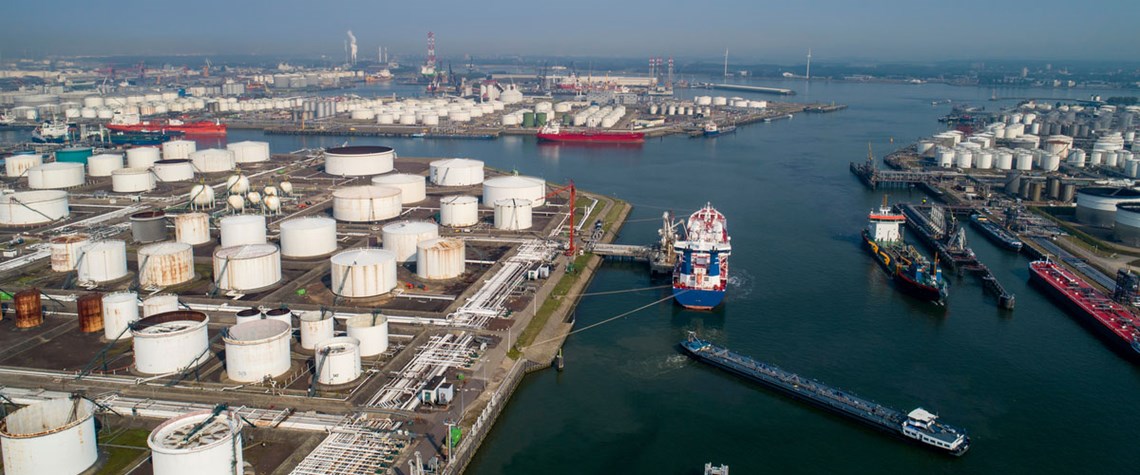EU refineries prepare for life without Russian crude
European refiners have strong incentives to adapt to the technological and logistical challenges of the continent turning away from Russia
European refineries are racing to secure alternative supplies and reconfigure their operations ahead of the start of the EU’s ban on seaborne Russian crude imports on 5 December. The refiners are incentivised by record-high margins for diesel and other products, as well as the looming ban on imports of Russian refined products from 5 February. Nevertheless, considerable logistical and technological challenges remain. The G7 countries announced an unspecified price cap on Russian oil shipments in early September as a kind of addendum to the decision to cut out Russian crude imports. However, traders and refiners alike report confusion in the markets as to the precise parameters of the restric

Also in this section
18 February 2026
With Texas LNG approaching financial close, Alaska LNG advancing towards a phased buildout and Magnolia LNG positioned for future optionality, Glenfarne CEO Brendan Duval says the coming year will demonstrate how the company’s more focused, owner-operator approach is reshaping LNG infrastructure development in the North America
18 February 2026
The global gas industry is no longer on the backfoot, hesitantly justifying the value of its product, but has greater confidence in gas remaining a core part of the global energy mix for decades
18 February 2026
With marketable supply unlikely to grow significantly and limited scope for pipeline imports, Brazil is expected to continue relying on LNG to cover supply shortfalls, Ieda Gomes, senior adviser of Brazilian thinktank FGV Energia,
tells Petroleum Economist
17 February 2026
The 25th WPC Energy Congress, taking place in Riyadh, Saudi Arabia from 26–30 April 2026, will bring together leaders from the political, industrial, financial and technology sectors under the unifying theme “Pathways to an Energy Future for All”







